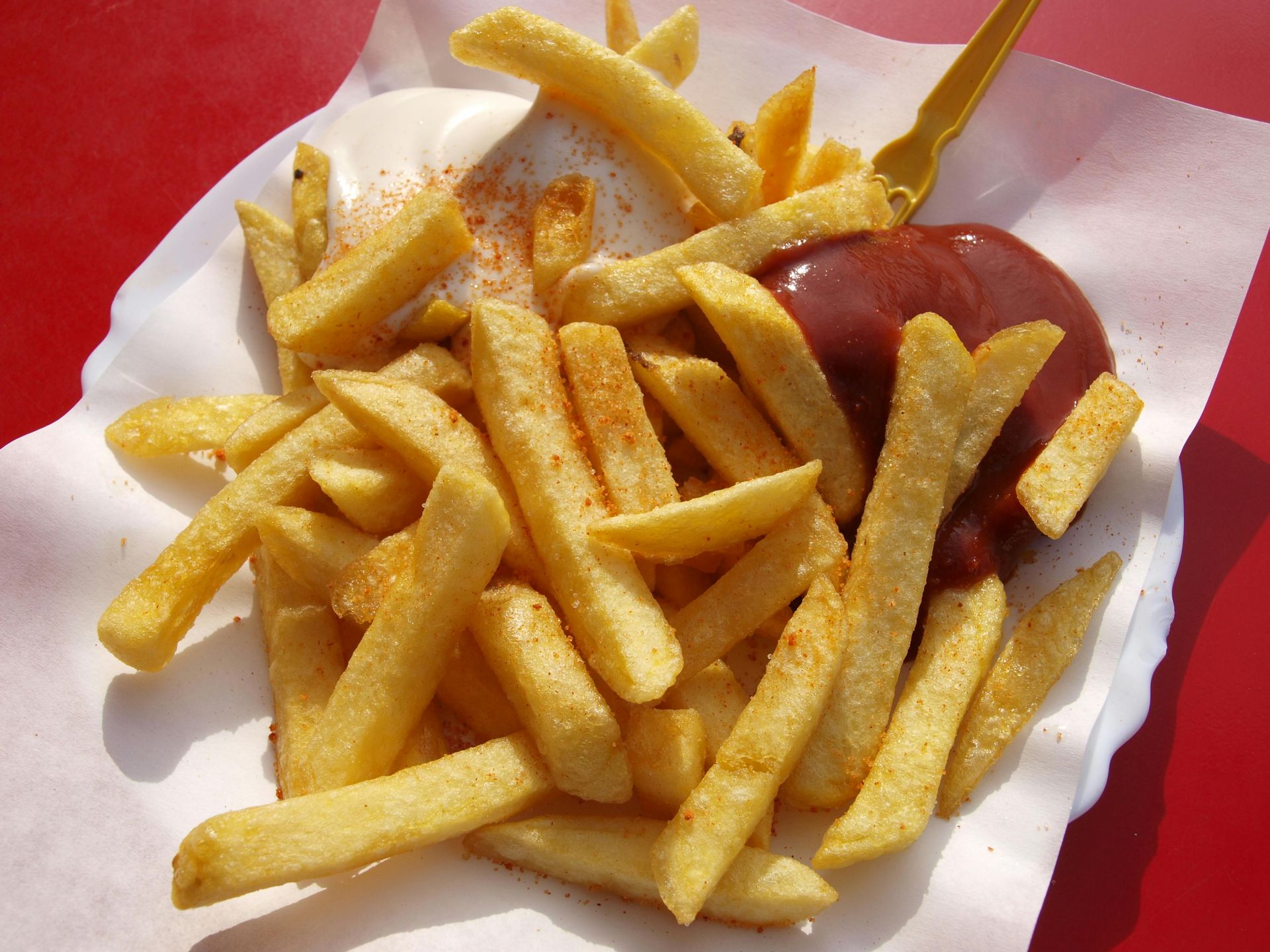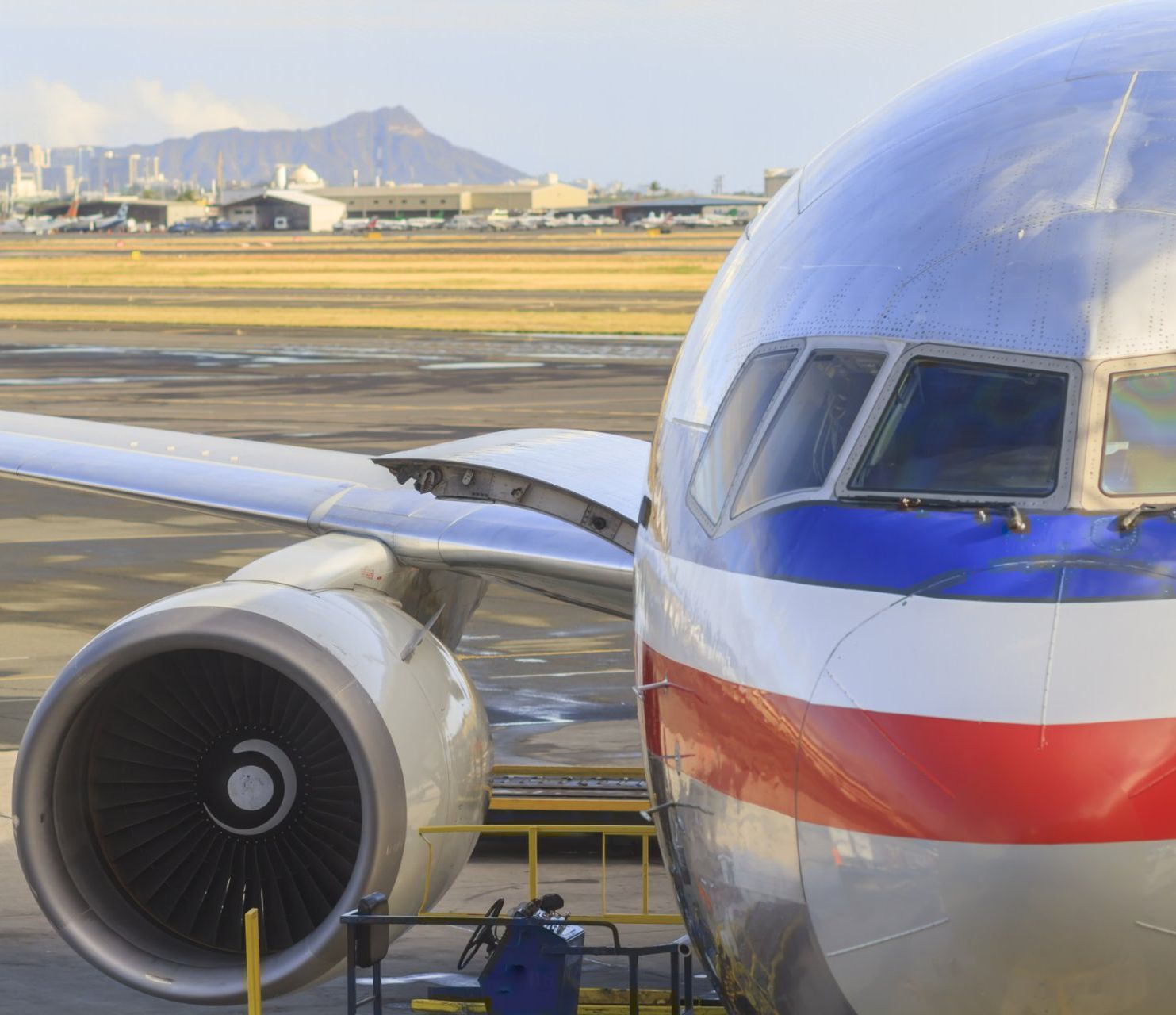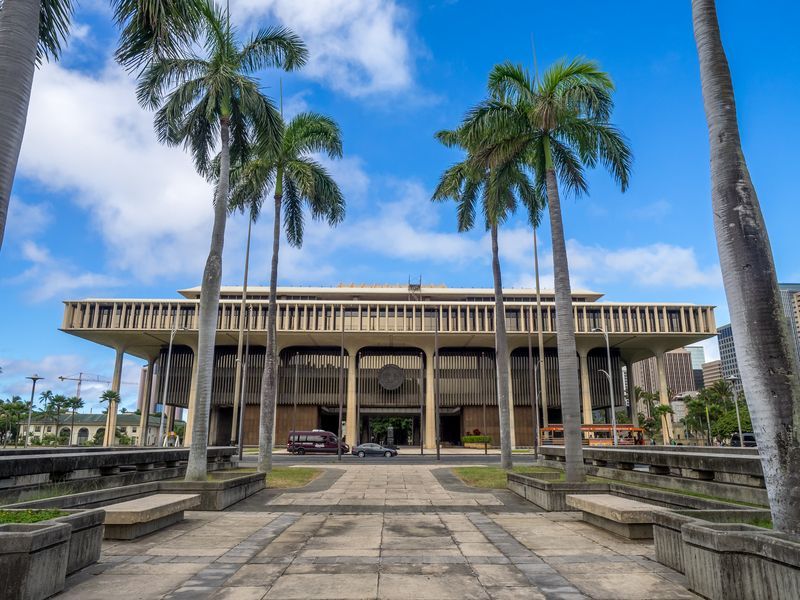Used Oil From Restaurants Gets New Life As Clean Fuel

Hold on to your fryers, greasy spoons, and other food establishments in Hawaii. There’s gold in them thar vats.
It’s no secret that running a restaurant is brutal, especially after a few years of COVID lockdown. Even in a normal economy, six in 10 go under in the first year. Eight in 10 have usually failed within five years.
But what used to be considered waste could be a lot more valuable as renewable fuels use goes up.
Out Of Dump, Into Pump: Grease Could Make Restaurants Bucks
That unsightly leftover oil and lard that once went into landfills to decompose has the potential to help Hawaii's restaurant industry thrive.
Fryer waste can be made into biodiesel, among other eco-friendly and sustainable fuels, that reduces toxic air pollution by up to 80 percent compared to gasoline and petroleum-based diesel, at prices competitive or below gas prices.
Over the past few years, thefts of used oil and grease have been on the rise nationally, thanks to increasing demand for clean fuels in California and Oregon and elsewhere. It has even been dubbed the "new copper" for its value on the black market.
Restaurants Source for As Much As 6.8M Gallons of Sustainable Fuels A Year
Hawaii has nearly 4,000 restaurants, employing 72,800 and generating $5.5 billion a year in revenue, according to latest National Restaurant Industry Association statistics.
The average U.S. restaurant produces from 150 to 250 pounds or 20 to 33 gallons of used cooking oil a week, according to an estimate by Restaurant Technologies Inc. That computes to 1,040 to 1,700 gallons a year per establishment.
Hawaii's 4,000-plus food establishments have the potential to provide as much as 6.8 million gallons of used oil, grease, and so on, a year as biodiesel feedstock. That's nearly 6.8 million gallons of eco-friendly fuel, as one gallon of feedstock produces approximately one gallon of biodiesel.
Flourishing Eateries Means A Stronger Hawaiian Economy
Food establishments already account for 12 percent of state employment. By 2030, the number of workers they're likely to employ is expected to jump by nearly 30 percent (an additional 21,300 jobs), according to the National Restaurant Association.
Additional revenue from turning waste into fuel would likely push employment even higher. And then there's the rippling effect a thriving restaurant sector would have on everyone else in the state.
Every dollar of revenue brought in food establishments generates $1.88 for Hawaii's economy. Every $1 million made generates nearly 18.3 additional jobs, according to the restaurant association.
Renewable Fuel From Leftover Oil, Lard Not New for State
Hawaii is no stranger to using restaurant waste to produce sustainable fuels.
As far back as 1995, the Kahului-headquartered Pacific Biodiesel has produced biodiesel from leftover oil in fryer vats, among other feedstocks.
In 2022, the company even opened the first of six mobile biodiesel fueling stations in Maui at the Ma'alaea Small Boat Harbor.
Want to help support your favorite restauranteur, chef or waiter? Get on the clean fuel wagon for greater energy independence, cleaner air, and a stronger, more diverse state economy.
Related Stories:



